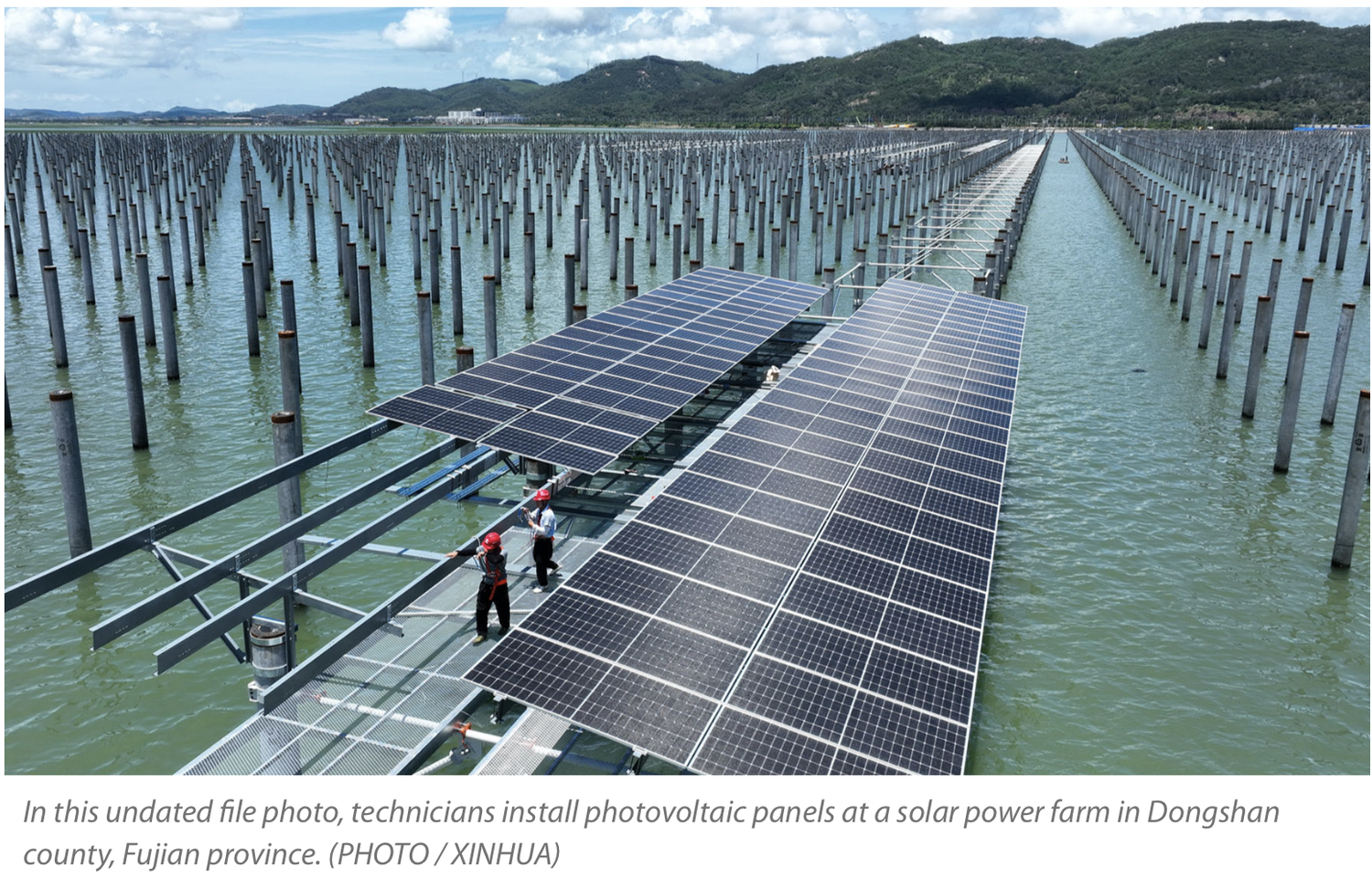On September 24, 2025, Chinese President Xi Jinping addressed the United Nations Climate Summit, recognizing the pivotal moment for global climate governance as the Paris Agreement reached its 10th anniversary.
Read MorePhoto credit: Britt Reints - Flickr
by Yalin Xin
The world is witnessing a downward spiral in the recent development in U.S.-China relations, a reality that is worrisome to many. The US strategy on China has shifted to one of competitiveness against China as a potential challenge to the international order and threat to the U.S. Under this strategy, the focus of attention is on the differences rather than opportunities for cooperation.
Read MoreBook review by Yalin Xin, Director of WCIUs Institute of China Studies.
Read Moreby Ouzerou Carlos Njoya, PhD student at WCIU’s sister university in Camaroon.
This investigation explores the impact of a digital learning environment on student motivation and success in comparison to the failure and success rates of students in traditional lecture halls at the University of Yaoundé (Cameroon). Quantitative statistical analysis of the data in this research shows that the majority of students are motivated to use Information and Communication Technologies (ICTs), including computers and the Internet, for their training. This study has revealed that the use of ICTs has an impact on both the motivation and the success of certain learners in this institution.
A link to the full article in French is HERE.
Read Moreby Kumar Aryal
Corruption, lack of education, population growth, and natural disasters are the main causes of the persistent poverty in the Philippines. Evangelical Christians are visible in responding to poverty in the Philippines, but the majority of their programs and services meet immediate needs, which has the tendency to create dependency, instead of development, if continued over a long period of time. Evangelicals seem to have a very minimal partnership with the government, instead going directly to the poor to avoid a long government process, and not wanting government officials to pocket the money that should go to the poor. Compounding the inadequate evangelical response is that there seems to be a lack of collaboration among evangelical Christian churches and NGOs in responding to poverty in the Philippines.
This research shows that in addition to the four causes of poverty in Metro Manilla, there are four types of poverty. When economic, psychological, social, and spiritual poverty are addressed in an integrated manner, poor people will experience shalom, which is the goal of holistic development.
Read Moreby Abdou Maiga, May 03, 2018
In this article, the author reminds us that it is urgent that Africans realize that in time of war what people need most are not only humanitarian programs but also programs of peace and reconciliation. What are the challenges for this approach and what are the implications for humanitarian and developmental structures in Africa today?
Read Moreby Chris Ampadu
The Whiteboard Animation in this Reflection is based on Chris Ampadu’s WCIU dissertation.
Why is Africa poor, given all its natural resources: gold, diamonds, oil, timber?
View a Whiteboard Animation in this Reflection that addresses this question.
Africa’s problems are like a tree with spoiled fruits.
Africa’s problems have roots in worldview issues
Believing LIES impoverishes and enslaves people.
Strong biblical roots will produce good fruits (truth, honesty, self-control, trustworthiness)


